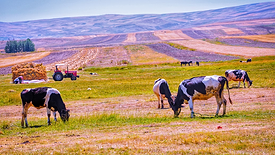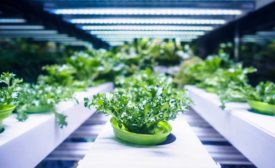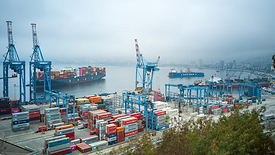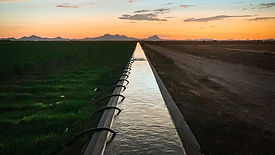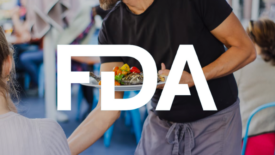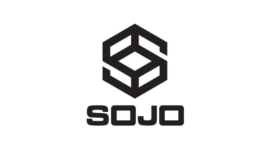Supply Chain
Digital Transformation of Foodservice: Potential Contributing Factors for Foodborne Illness Outbreaks
The integration of technology to meet higher demands on the foodservice business due to the large number of digital orders also offers significant opportunities to enhance food safety
April 15, 2024
California Tightens Requirements for Labeling Products as 'Compostable'
A number of challenges need to be addressed for compostable packaging to meet its potential
April 11, 2024
Controlled Environment Agriculture: A Systematic Review
The intensification of indoor agricultural systems must be achieved by specific processes that minimize negative impacts on the environment and place food safety front and center
April 10, 2024
Never miss the latest news and trends driving the food safety industry
eNewsletter | Website | eMagazine
JOIN TODAY!Copyright ©2024. All Rights Reserved BNP Media.
Design, CMS, Hosting & Web Development :: ePublishing
